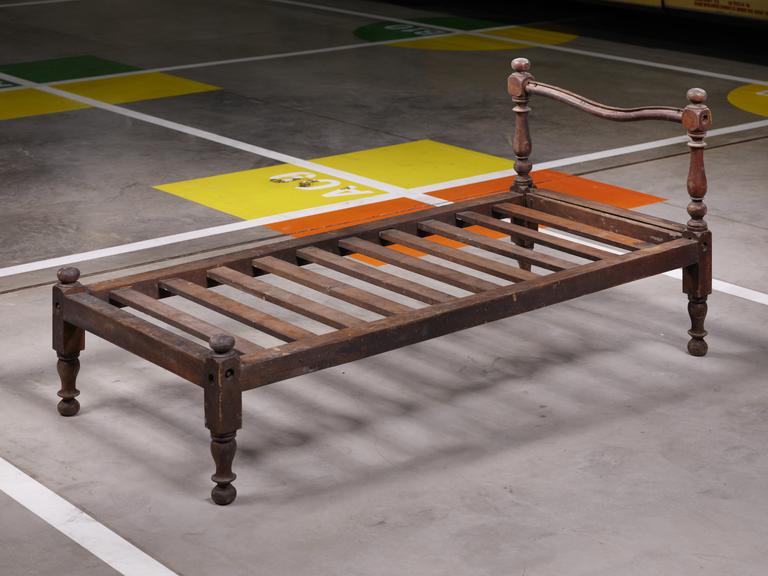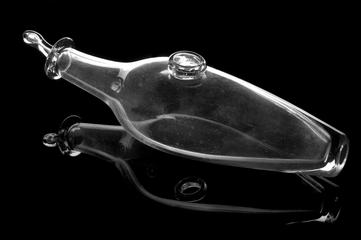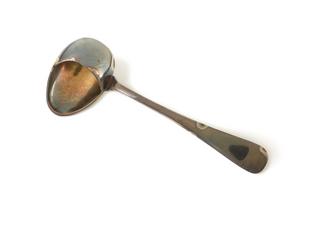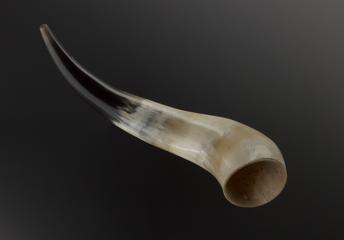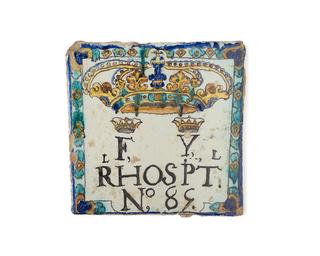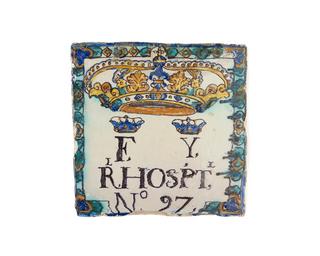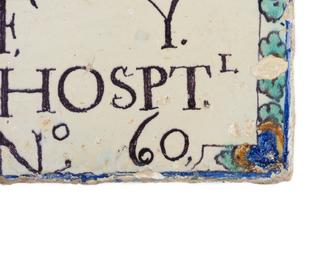Wooden bed frame with headboard and slabs
Wooden bed frame with headboard, possibly for hospital use, English(?), 1801-1920
More
This bed was likely used in a hospital in England in the nineteenth century. It looks very different to hospital beds we might recognise today, and the same can be said for the hospitals themselves. Hospitals in the nineteenth century were not always safe and clean spaces, and many patients would die because of bad conditions on the wards such as poor sewerage systems and overcrowding.
However, conditions started to improve in the latter half of the century. Following on from the work that Florence Nightingale undertook in the army hospitals in the Crimean War to establish higher cleanliness levels, she produced two influential books when she returned to Britain. They encouraged regular hand washing and better ventilation, and these huge improvements were adopted by many.
This bed is made of wood, a porous material that can hold moisture, and therefore not a good material to use when keeping hospital furniture sterile is an important measure in infection control. Wood had been used for treatment beds since the medieval period and is one of the most vital pieces of furniture for patients who need to rest.
This wooden bed is from the nineteenth century, but this is also when steel bed frames began being implemented as well. Metal frames were often slimmer and could therefore provide more spacious beds for patients to recover in and were easier to disinfect and clean. Beds these days are a combination of plastic and metal, and often feature controls that can customise the bed to suit the patient's needs and are likely much comfier than this wooden example.
- Measurements:
-
overall: 897 mm x 924 mm x 1971 mm,
- Materials:
- wood and bolts, iron
- Object Number:
- A630679/1
- type:
- hospital beds
